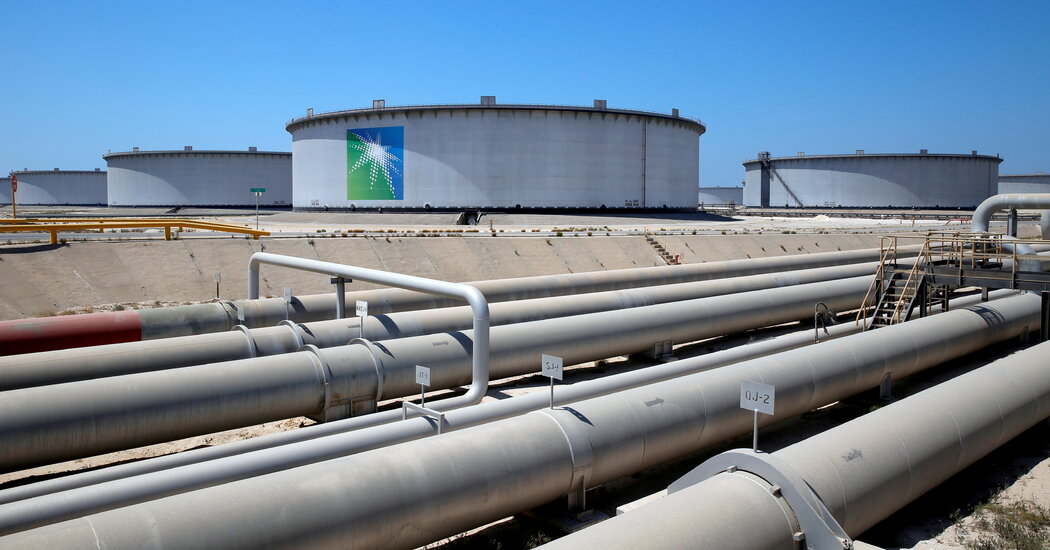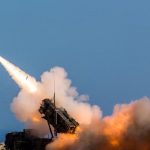
Gary Ross, chief executive of Black Gold Investors, an oil trading firm, agreed. “The U.S. has to be quite happy with the agreement,” he said. “It shows that OPEC is going to increase supply to meet rising potential demand.”
Where prices go from here is a matter of intense debate. Some analysts say that even with more oil from OPEC Plus, markets are likely to remain tight in the coming months. Brent crude, the international benchmark, closed at a little over $73 a barrel on Friday. Goldman Sachs forecasts that it could reach $80 a barrel this summer, and other forecasters say that reaching the $100 mark in the coming years is a distinct possibility.
Other analysts say there is plenty of potential supply that could be unleashed to cap any price rises. “There is a huge amount of spare capacity in the OPEC Plus countries,” said Michael Lynch, a distinguished fellow at the Energy Policy Research Foundation in Washington. Mr. Lynch says that the recent highs in oil prices may turn out to be a peak for some time.
Tom Kloza, global head of energy analysis for the Oil Price Information Service, a data provider, said that gasoline prices could head down later in the year when demand falls unless hurricanes cause refinery outages. “By and large prices will be lower on a nationwide basis than what we are seeing now,” he said.
Whether OPEC Plus can hang together despite the major changes occurring in the energy markets is another question. The Saudis essentially gave in to the Emirates, letting their Persian Gulf neighbor have the increase in its production quota that it was seeking, although not until after next April. Other countries, including Kuwait, Iraq, Saudi Arabia and Russia, will also be granted increases in the baselines from which their production limits are calculated, according to OPEC’s statement.
The group did yield to a Saudi request to extend the overall production agreement through the end of 2022.
The agreement ended a standoff between Saudi Arabia, the de facto leader of the cartel, and the Emirates, which has invested heavily in expanding oil production and has chafed against the group’s limits on output.







